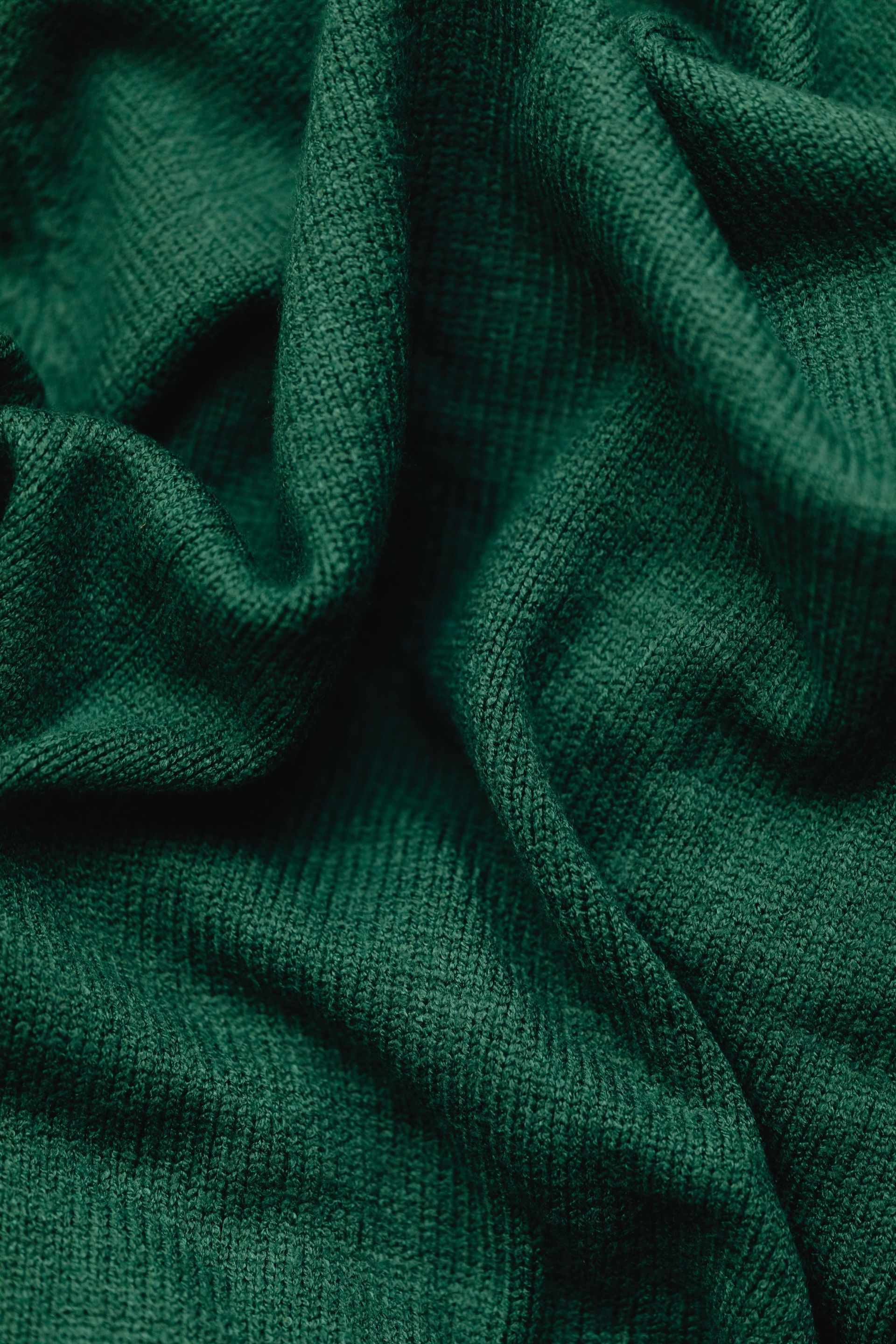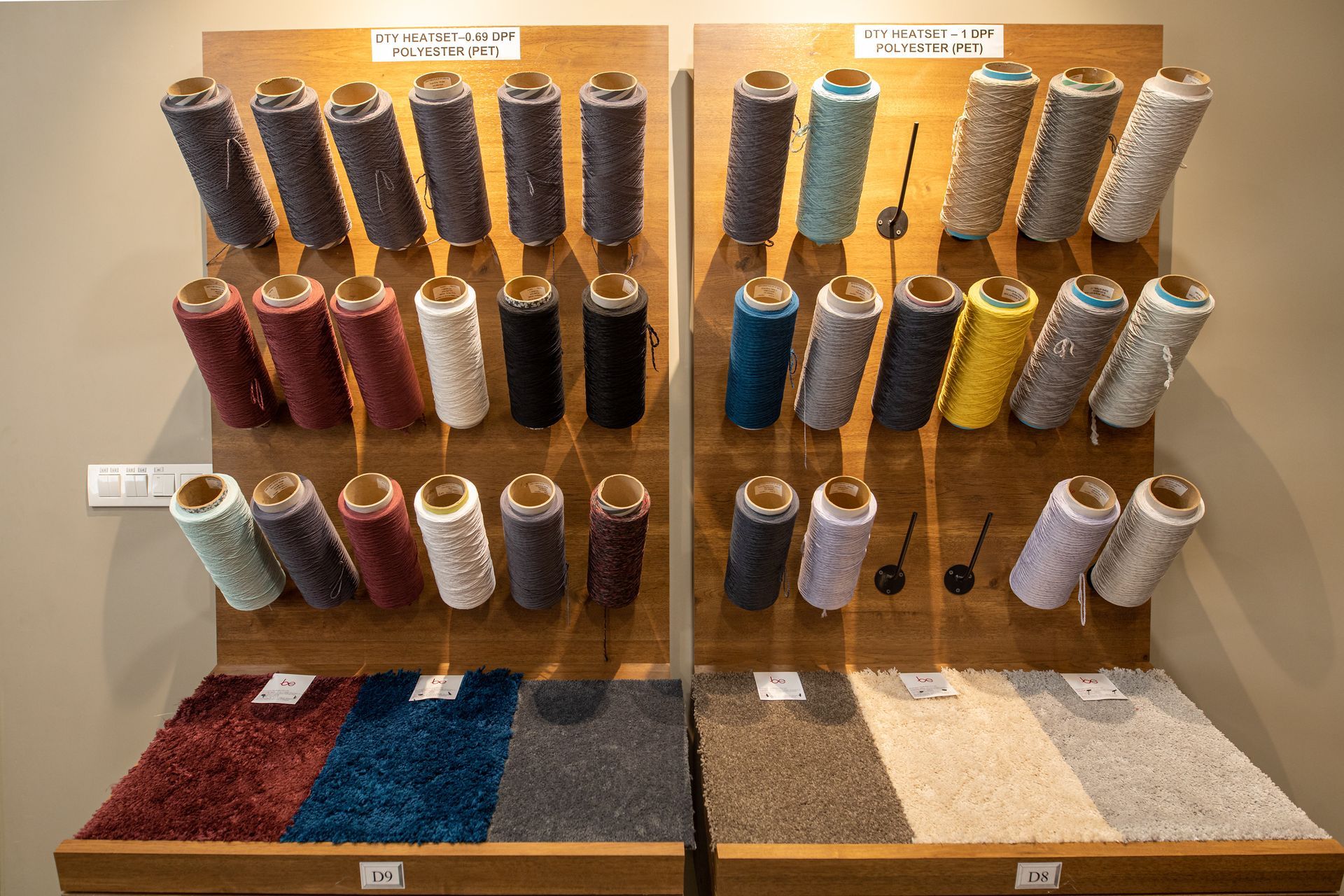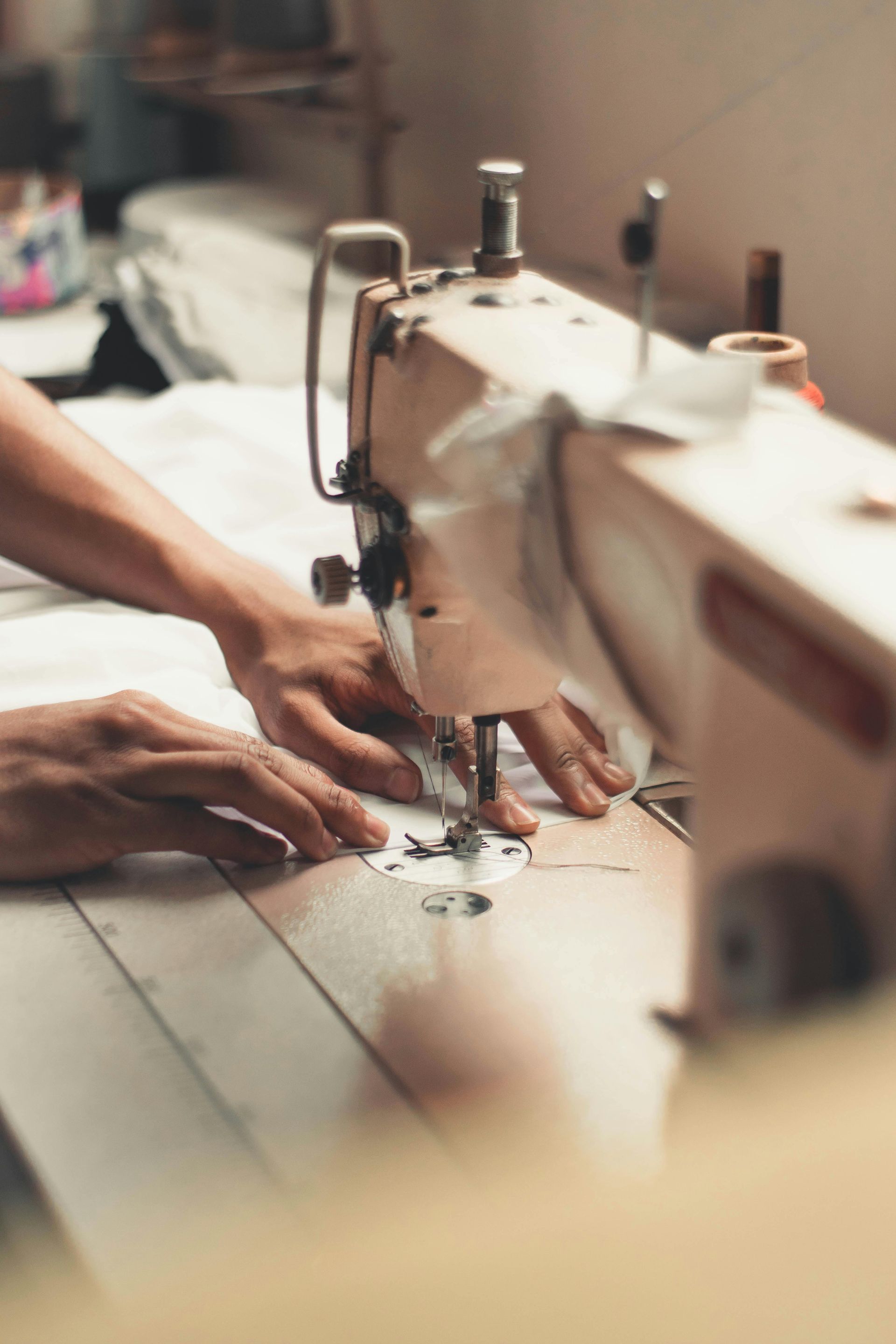Embracing Fashion from Eco-Friendly and Recycled Materials
The fashion industry is undergoing a significant transformation as it grapples with its environmental impact. One of the most promising solutions lies in the use of eco-friendly and recycled materials. This approach not only reduces waste but also promotes a more sustainable and ethical fashion industry. Here’s a closer look at how these materials are revolutionizing fashion and how you can incorporate them into your wardrobe.
The Environmental Impact of Traditional Fashion
The traditional fashion industry is notorious for its environmental footprint. It accounts for 2 to 8 percent of global carbon emissions, with significant contributions from water consumption, microplastic pollution, and landfill waste[3]. Fast fashion exacerbates these issues by promoting a culture of disposable clothing, leading to massive amounts of textile waste.
Benefits of Eco-Friendly and Recycled Materials
-
Reduced WasteList Item 1
Using recycled materials helps divert waste from landfills. For instance, recycled polyester made from plastic bottles reduces the need for virgin polyester, cutting down on plastic waste and conserving resources[1].
-
Lower Carbon FootprintList Item 2
Eco-friendly materials often require less energy and water to produce. Hemp, for example, has a short growth cycle and requires minimal water and pesticides, making it one of the most sustainable fabrics available[3].
-
Ethical ProductionList Item 3
Many sustainable materials are produced under fair labor practices, ensuring that workers are paid fair wages and work in safe conditions[2].
Popular Eco-Friendly and Recycled Materials
-
Organic CottonList Item 1
Grown without harmful pesticides and synthetic fertilizers, organic cotton is a more sustainable alternative to conventional cotton.
-
HempList Item 2
Known for its durability and minimal environmental impact, hemp is a versatile fabric used in various clothing items[3].
-
Recycled PolyesterList Item 3
Made from recycled plastic bottles, this material helps reduce plastic waste and the demand for virgin polyester[1].
-
Tencel
A biodegradable fabric made from sustainably sourced wood pulp, Tencel is known for its softness and breathability.
How to Incorporate Sustainable Fashion into Your Wardrobe
- Choose Quality Over Quantity: Invest in high-quality pieces that will last longer and withstand trends.
- Shop Secondhand: Thrift stores and online resale platforms offer a wide range of pre-loved clothing, reducing the demand for new items.
- Support Sustainable Brands: Look for brands that prioritize eco-friendly materials and ethical production practices. Many brands are transparent about their sourcing and manufacturing processes[2].
- Care for Your Clothes: Properly maintaining your garments can extend their lifespan. Follow care instructions and consider repairing items instead of discarding them.
- Recycle and Upcycle: When your clothes reach the end of their life, recycle them responsibly or get creative with upcycling projects.
Innovative Ways to Incorporate Recycled Materials into Fashion
The fashion industry is increasingly turning to recycled materials to address its significant environmental impact. Here are some innovative ways that designers and brands are incorporating recycled materials into their collections:
1. Chemical and Mechanical Recycling Technologies
Innovative technologies are transforming post-consumer textiles through chemical and mechanical recycling processes. These methods break down used fabrics into their raw fibers, which can then be regenerated into new textiles. This approach not only reduces waste but also promotes a circular economy by keeping materials in use for longer periods[3].
2. Recycled Polyester from Plastic Bottles
Recycled polyester, made from PET plastic bottles, is becoming a popular choice for sustainable fashion. This material helps reduce plastic waste and the demand for virgin polyester. Brands are blending recycled polyester with other fabrics like cotton to create durable and eco-friendly garments[5].
3. Upcycling Pre-Consumer Off-Cuts
Pre-consumer off-cuts, the textile waste found on factory floors, are being upcycled into new garments. These materials are sorted, shredded, and re-spun into new yarns, which are then used to create new clothing items. This process not only reduces waste but also conserves resources by reusing existing materials[5].
4. Digital Platforms for Waste Management
Some brands are using digital platforms to manage and trace textile waste. For example, H&M Group launched a pilot project where waste is sorted by material composition and color, then handed over to recyclers. This system provides valuable data for planning recycling solutions and ensures that waste is effectively recycled into new products[4].
5. Regenerative Fiber Projects
Projects like NuCyl and Circulose are pioneering the use of recycled cotton by partnering with brands to create new garments from textile waste. These initiatives divert waste from landfills and use advanced technology to regenerate fibers, promoting a closed-loop system in fashion production[5].
6. Recycled Wool and Cashmere
Recycled wool and cashmere are gaining popularity as sustainable materials. These fibers are often sourced from pre-consumer off-cuts and post-consumer garments, then processed and re-spun into new yarns. This method not only reduces waste but also provides high-quality, sustainable alternatives to virgin wool and cashmere[5].
7. Innovative Fiber Regeneration Techniques
New fiber regeneration techniques are emerging, allowing for the creation of high-quality textiles from recycled materials. These techniques involve breaking down used fabrics into their molecular components and reassembling them into new fibers. This approach can produce materials that are as strong and durable as their virgin counterparts[3].
Beekaylon’s Brands
-
Poly-Go-RoundList Item 1
Recycled Polyester Yarns with GRS Certification
At Beekaylon, we understand the impact of sustainable manufacturing processes. Considering the requirement, we have developed "Recycled Polyester Yarn" branded as Poly-Go-Round - which is our initiative to conserve the environment. It is manufactured from used PET bottles & yarn waste which is then converted into chips, using environment-friendly recycling processes. Poly-Go-Round does not depend on additional petroleum products and thus effectively conserves natural resources and reduces environmental burden without compromising on quality.
-
CiCLo yarns and fibresList Item 2
Beekaylon is a nominated partner & supplier for CiCLO yarns.
Products made with CiCLO fibers and yarns reduce the persistence of synthetic microfiber pollution in our oceans and synthetic textile accumulation in landfills. Beekaylon has the expertise to produce CiCLO yarns in POY, FDY, DTY, Cationic, Recycle etc variety of yarns for Textile Applications.
Conclusion
Incorporating recycled materials into fashion is a crucial step towards a more sustainable and ethical industry. By embracing innovative recycling technologies and processes, the fashion industry can significantly reduce its environmental footprint and promote a circular economy. As consumers, supporting brands that prioritize recycled materials and sustainable practices can drive further change and help create a more sustainable future for fashion.
The shift towards eco-friendly and recycled materials in fashion is a crucial step in addressing the industry's environmental challenges. By making conscious choices about the materials we wear, we can significantly reduce our carbon footprint and promote a more sustainable future. Embrace the change and be part of the movement towards a greener, more ethical fashion industry.
Citations:
Sustainable Fashion
[2] https://www.thehonestconsumer.com/blog/ethical-sustainable-fashion-blogs
[3] https://stateofmatterapparel.com/blogs/som-blog/35-sustainable-materials-for-eco-friendly-fashion
[4] https://www.sustainablefashionmatterz.com/sustainable-fashion-blog [5] https://www.greenmatch.co.uk/blog/2016/06/the-most-inspirational-blogs-on-sustainable-fashion
Recycled Materials
[2] https://www.weforum.org/agenda/2024/04/secondhand-clothes-sustainable-fashion-circular-economy/
[4] https://hmgroup.com/report-stories/turning-waste-into-fashion-with-recycled-materials/



